Politics and Purposeful Pop at the Grammys
February 22, 2017
By Erin Cabrey

Adele took home some of the night’s biggest prizes at the 59th Grammy Awards. (Courtesy of Flickr)
Modern music royalty, from Beyoncé to Adele, convened at Los Angeles’ Staples Center for the 59th Grammy Awards on Feb. 12, hosted by James Corden. Commonly referred to as the “biggest night in music,” this year’s ceremony certainly lived up to the hype, with masterful performances, surprise wins and political statements.
Corden opened the show with a staged, but convincingly clumsy, fall down the stairs and proceeded to deliver a rapped monologue. “Live it all up because this is the best/And with President Trump we don’t know what comes next,” rapped Corden, setting the stage for a night that celebrated music without forgetting about the turbulent world outside the Staples Center.
One of the big winners of the night, Chance the Rapper, was presented with the award for Best New Artist from a somber Jennifer Lopez, who prefaced the honor by saying “At this point in history, our voices are needed more than ever.” Chance the Rapper’s Coloring Book also received the award for Best Rap Album later in the evening, besting artists such as Drake and Kanye West.
Beyoncé soon took center stage with a mystical medley of songs from Lemonade, which was nominated for Album of the Year. The performance was celebration of womanhood. The singer, who is currently pregnant with twins, represented African, Roman and Hindu goddesses. The performance also featured pre-recorded images of Beyonce’s daughter, Blue Ivy, and mother, Tina Knowles.
She later returned to the stage to receive the award for Best Urban Contemporary Album, saying that the songs on Lemonade were intended to “give a voice to our pain, our struggles, our darkness and our history.”
Corden kept the evening light with an impromptu Grammys rendition of his popular Late Late Show segment “Carpool Karaoke,” gathering several audience members behind a car-shaped cardboard cutout. Jason Derulo, Neil Diamond, Keith Urban and Blue Ivy were among the stars collected around the car to lead an audience-wide singalong to Diamond’s 1969 hit “Sweet Caroline.”
Katy Perry debuted her new single “Chained to the Rhythm” alongside featured artist Skip Marley with a performance which saw the pop singer running along a rotating picket fence. The song, the first in an era Perry has dubbed “purposeful pop,” had clear implications of a complacent America. These political undertones became apparent when the performance concluded with Perry and Marley standing in front of a projected image of the constitution. “No hate!” Perry declared.
The loss of several music industry greats, including George Michael, Prince and David Bowie, weighed heavily on the Grammys. Each icon was honored at the ceremony. Bowie was one of the night’s biggest winners, receiving four posthumous awards, including Best Rock Song for “Blackstar.” One of the night’s most buzzed-about performances was Adele, who stopped her performance of George Michael’s “Fastlove” after getting off to a rocky start. The “Hello” singer restarted after apologizing for swearing and was pitch-perfect the second time around. Later in the evening, a tribute to Prince featured a purple-clad Bruno Mars performing “Let’s Go Crazy.” Other music stars the industry lost in the past year, including Leonard Cohen and Debbie Reynolds, were remembered during an In Memoriam segment as John Legend performed the Beach Boys’ “God Only Knows.”
Adele, the night’s biggest winner, picked up five awards by the ceremony’s end, including Song, Record, and, to her surprise, Album of the Year. Adele took the stage a final time to receive the night’s most coveted award. She gave an emotional speech that touched on her struggles in losing herself after becoming a mother, stating that it felt like “a bit of me has come back to myself” after winning the award. She also turned her speech toward Beyoncé, calling her album Lemonade “monumental.”
“The way you make me and my friends feel, the way you make my black friends feel, is empowering and you make them stand up for themselves,” an emotional Adele said as she addressed a tearfully gracious Beyoncé. “I love you. I always have and I always will.”
Just prior to this exchange, Recording Academy President Neil Portnow took the stage to stress the importance of music in America, imploring President Trump and Congress to renew commitment to the arts through such channels as support for music education. This speech, overshadowed by a slew of several grandiose performances, nevertheless served as a reminder of how particularly important this year’s Grammy’s actually was. Uniting artists from Chance the Rapper and Twenty One Pilots to Solange and Rihanna, the annual awards-show-turned-concert-extravaganza plays a crucial part in keeping the music playing even in tumultuous times.

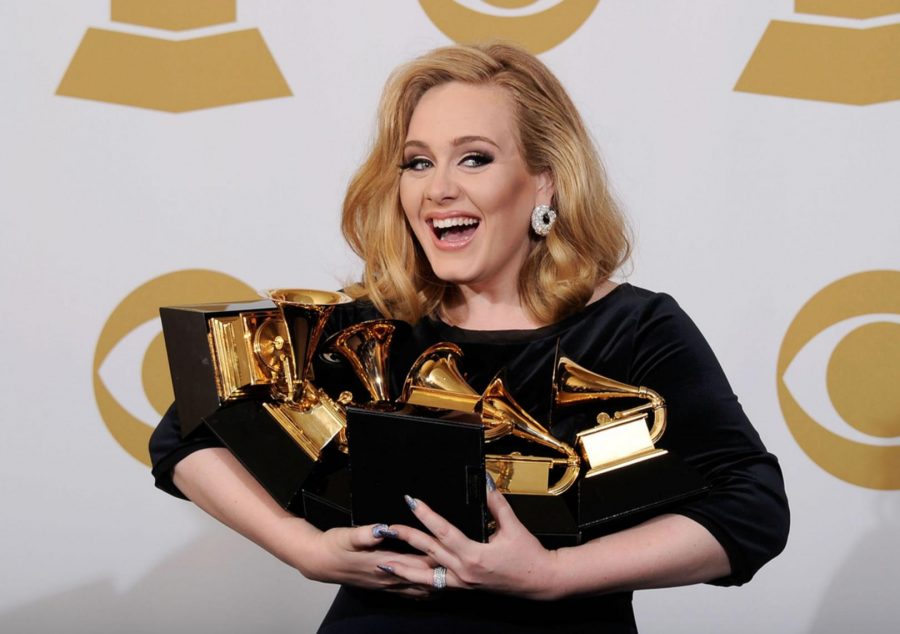
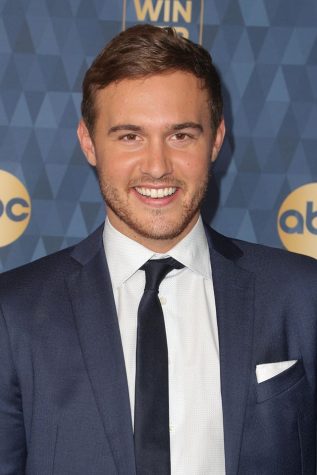
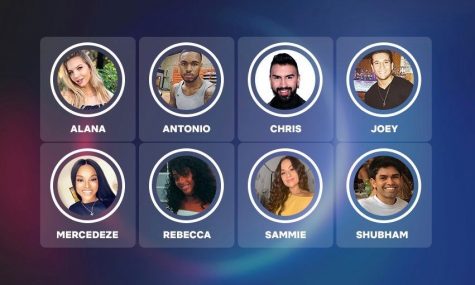

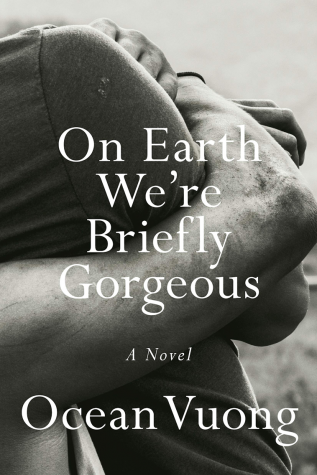
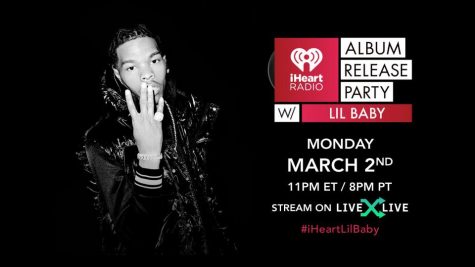
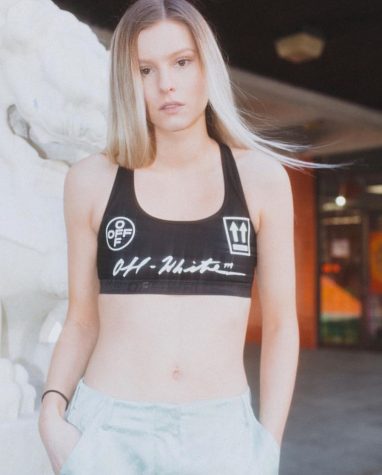

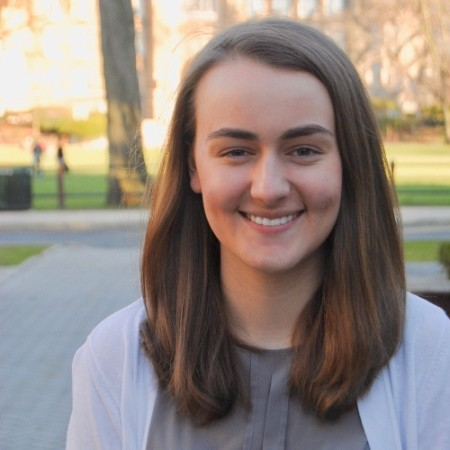
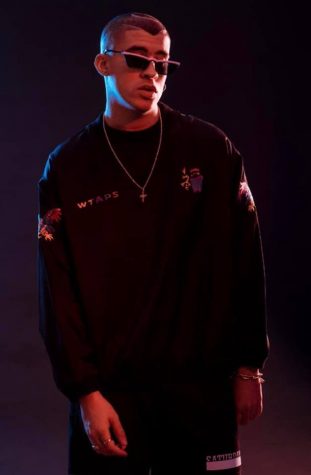
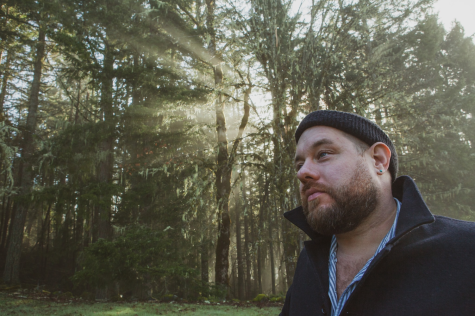
If you want a picture to show with your comment, go get a gravatar.